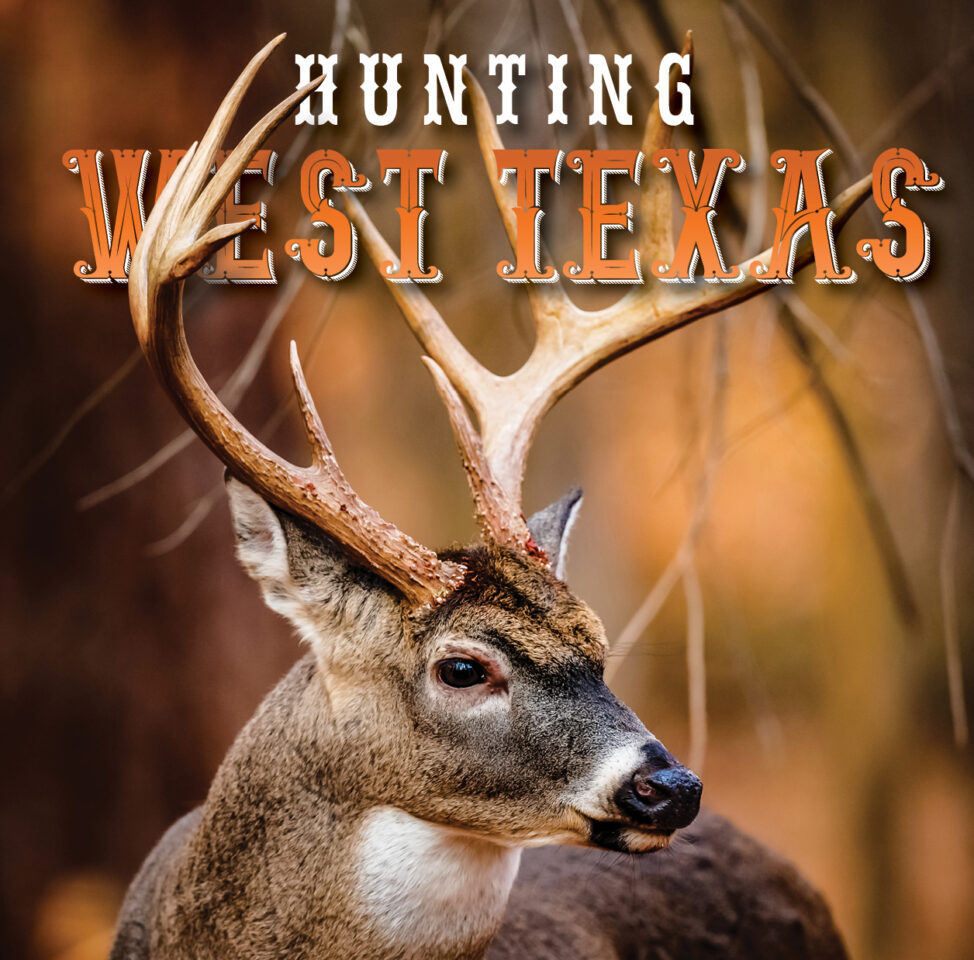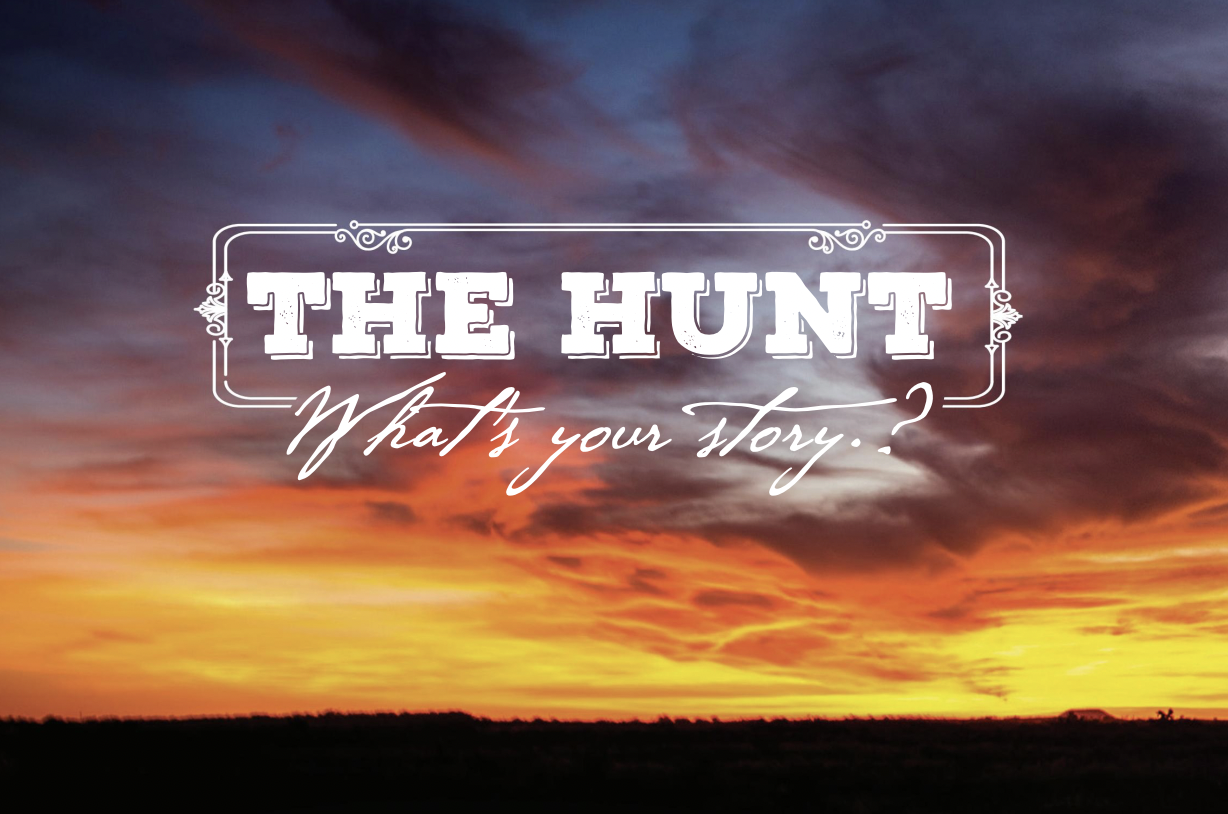Growing up in West Texas might mean that you’ve got your own hunting story because as the seasons change so does the game and there’s always an opportunity to tag your next “big one.” There is so much about the great state of Texas to love and providing hunting enthusiasts support is one of them. Not only does Texas Parks and Wildlife Organization provide public areas for experienced hunters, but the organization also even expands support to beginners and those searching for a new outdoor adventure. The organization offers a simple road map to getting anyone outdoors and on their way to earning their own hunting story. There are three steps suggested, 1) take a hunter education course, which is offered in person or online, 2) Buy a hunting license, and 3) know the rules and regulations. The Texas Parks and Wildlife website even offers videos for anyone to gain knowledge and skills in various topics such as hunting ethics, shooting safety, hunting day preparation, animal behavior, hunting tactics, scouting, and more.

Texas Parks and Wildlife highlights a hunter’s development in six stages. The more you hunt, and over time, an individual’s behavior and approach will progress. Though, there is no definitive sequence of the six stages a hunter will go through and may experience each one through their own experiences and timing. The stages are outlined as:
Shooting Stage: The impulse here is to get off a shot quickly, usually at the first animal that appears. This eagerness can lead to bad decisions like the wrong animal being chosen, a poor shot being taken that wounds the animal or even a shot that endangers others. Target practice, good mentoring and more experience will lead most hunters out of this stage quickly.
Limiting Out Stage
This hunter wants to always bag the limit. This may cause a hunter to take unsafe shots or misidentify targets in the zeal to limit out. More experience and hunting with mature hunters will lead hunters out of this stage.
Trophy Stage
Success is judged by quality, not quantity. The hunter is very selective and will pass on many opportunities that do not match the desired trophy characteristics. Many trophy hunters focus on big game. The hunter’s patience and commitment must be highly evolved.
Method Stage
Here, the process and challenge of hunting becomes the primary focus of the hunter. A more challenging method, such as using a bow, muzzleloader, or handgun may be chosen. The hunter may choose to stalk or still hunt, rather than sit in a stand next to a feeder.
Sportsman Stage
The total experience of the hunt is what is important to the sportsman such as what animal is being hunted, how it is being hunted, the immersion into nature and the companionship of who you are hunting with. all combine into creating a more sophisticated appreciation of the hunt.
Whether you are an experienced hunter or new to the hunt. Welcome and happy hunting.





